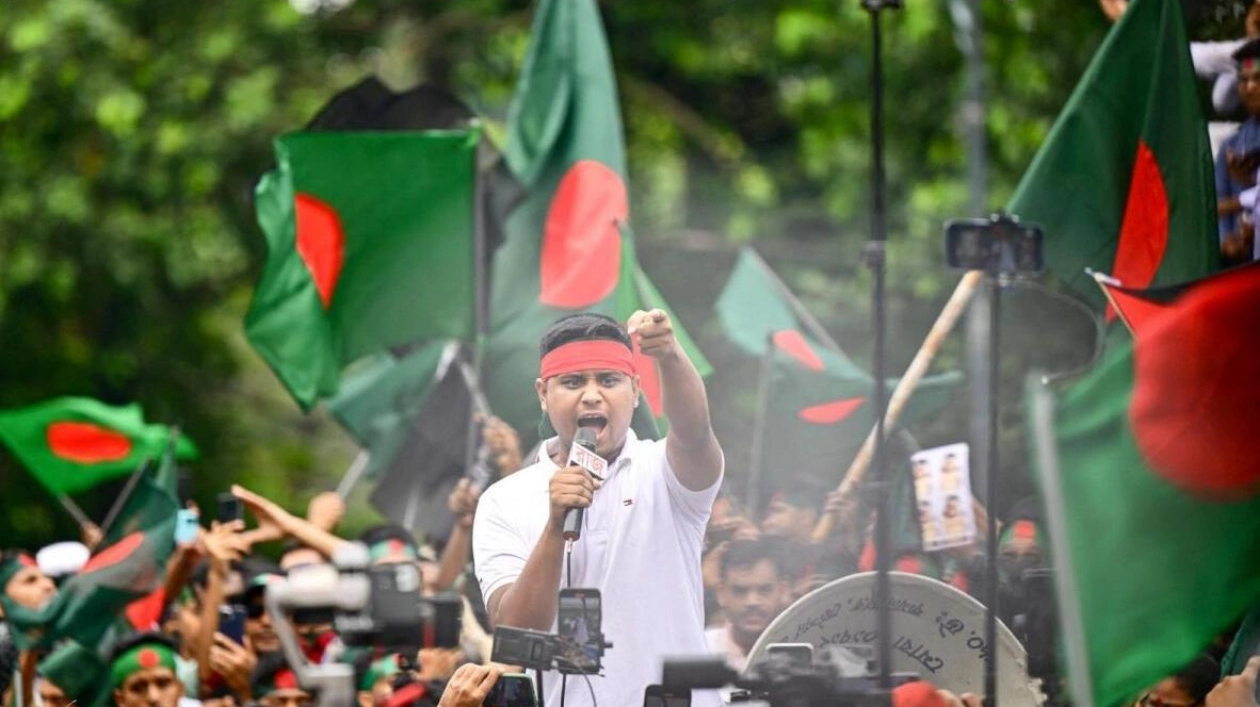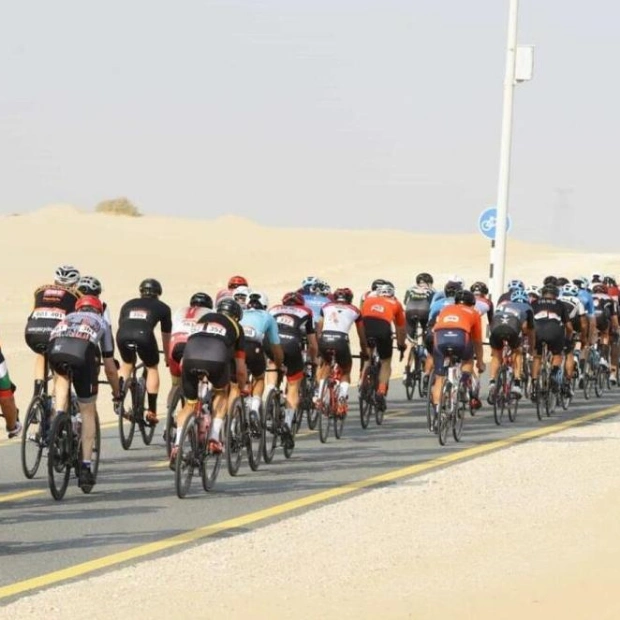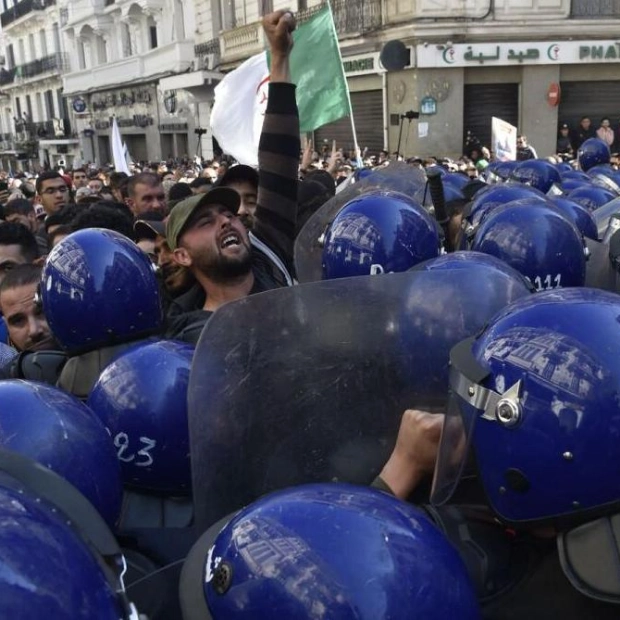Thousands of students gathered in Bangladesh on Thursday to commemorate the one-month anniversary of the fall of the long-serving former Prime Minister Sheikh Hasina, following deadly protests. Participants in the 'March for Martyrs' included students, workers, and families of those who lost their lives during the unrest. They marched with the national flag, chanting slogans like 'Blood of the martyrs is our power'. The anti-government protests began in July as a student-led movement against public sector job quotas and evolved into a nationwide uprising against Hasina. The unrest claimed over 1,000 lives, prompting Hasina to resign and flee to India on August 5, just before her official residence was overrun by crowds. The violence persisted for several days after her departure.
An interim government, led by Nobel Peace Prize laureate Muhammad Yunus, has taken over Hasina's administration with the goal of restoring stability, implementing reforms, and organizing fresh parliamentary elections. This marks the country's deadliest violence since its independence in 1971. Amir Ali, whose son died in the protests, stated, 'My son's name was never included in any official list of martyrs. I came here today to honor him and the victory his death brought.' Nahid Islam, 26, a key protest organizer who now serves in Yunus' cabinet, said, 'We’ve got a new Bangladesh in exchange for their blood. We are alive for them. Freedom of speech is back.'
In a series of widespread reshuffles, Chief Election Commissioner Kazi Habibul Awal resigned on Thursday. The administration change also led to the removal of the chief justice, the central bank governor, and the police chief who oversaw the crackdown on the students, among other officials. The United Nations Human Rights Office announced last Friday that it would send a fact-finding mission to Bangladesh at the request of the interim government to investigate alleged human rights violations during the recent deadly violence.






